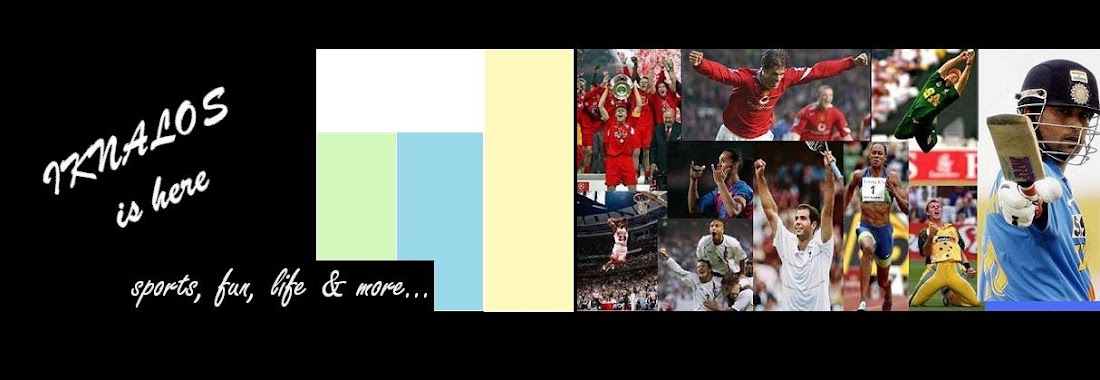Management is not a subject of accurate/pin-point explanations and results. And even the thrust is also not to formulate standard methods/results otherwise what will be left for the managers to do. Management is, to me, a science of trade offs and that is way "it depends" has a very large proportion in management talks. One has to some how "manage" the two extremes of requirements- urgency vs accuracy; soft talk vs hard banging...can't think of more practical ones except for the usual operations examples.
How should we increase sales?...."it depends"
Where should we put our plant?...."it depends"
What kind of advertisements should we make?...."it depends"
And even...
Sir, what is the cut off for passing the course?
Doctor, what injection should we give to the dying man?
Pilot to the technician at the radar station- Which is the button for automatic landing?
...OR may be
What is your goal in life?...."It depends [short-term, medium-term or long term :) ]"
Really useful (the "it depends" tool)....right?
Any Questions
The professor (After a presentation or a verbose explanation) "Do you have any questions?"
"Well, if you don't have any, it is presumed that the concept is understood properly."
Simple logic...isn't it?
But that's not the way it should be. I believe one can only question when one really gets the understanding and if one doesn't get the thing right then, to my "understanding" the only question that can be asked is-"Can you explain the thing again?"
But then that's how life is. You are forced to ask some random questions and carry forward the discussion.
Strategic Management (SM)
It was asked to define this term. The first thought that came to my mind was-"It is the management of strategy." Then I looked at the term and understood it is actually-"strategic management." So, what is meant by that. This in core management terminology............ would not be explained by me. i would take the analogy of business with the game of football and try to explain the term.
In football the analogy with a company would be a club. And there are clubs with a large degree of variations similar to business which will help the cause. The are clubs with the stature of Wal Mart, Microsoft, Reliance, Tata and the like. We have Manchester Utd, Arsenal, Real Madrid and so on to match their counterparts in business and then we also have clubs like Southall United (remember "Goal", the bollywood one of course ), Mahindra Utd, Mohun Bagan, East Bengal (don't know much about the lesser knows European clubs, but I know there would be plenty of them) to show us the other side.
So from football's perspective, SM means to carry out the functioning of a club with some thing in mind to achieve and thereby choose those alternatives that would take the club towards those things. To put it simply it is "to think before implementing".
And I feel most of the clubs do that, because even these tops clubs operate in the way business is carried out globally.
The club managers are loaded with targets and they go about formulating their strategy to fulfill those targets. They have to decide about how much to spend and which players to buy through the transfer markets, which players are to be sold out, which players need to be retained, what formation to be chosen, how much to spend on technicians, support staff, publicity and infrastructure, when to rest your star performers and when to give chance to the youths and so on.
All these form a part of the Strategy- "the game plan to beat one's opponents".
And then we move on to something called Competitive Advantage. In terms of football the competitive advantage can be strong financial position of the club, a brigade of youth, and experience in terms of player skill and like wise. Teams/clubs try to leverage their most significant asset/attribute and try to build around that. A rich club would try to rope in good technician and invest in support systems to reap benefit; on the other hand a club full of young players would go about building a strategy around these players to succeed.
Watch out!!! More GLOBE coming up. [Jargon Count= 5]
